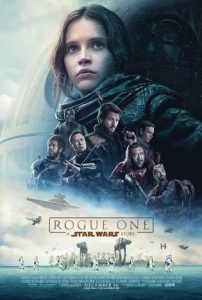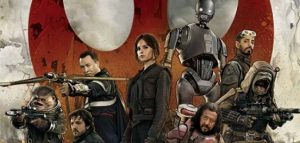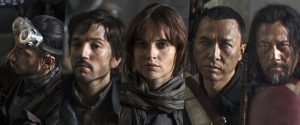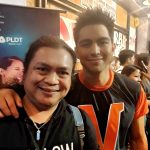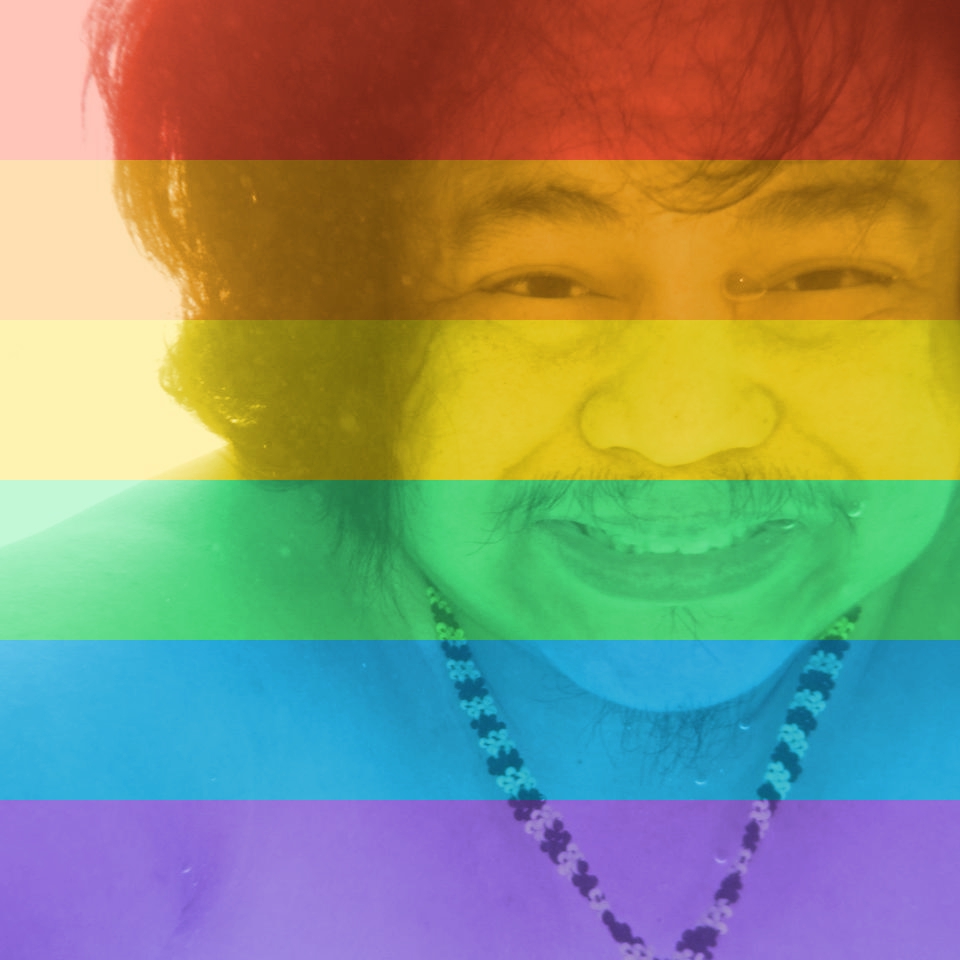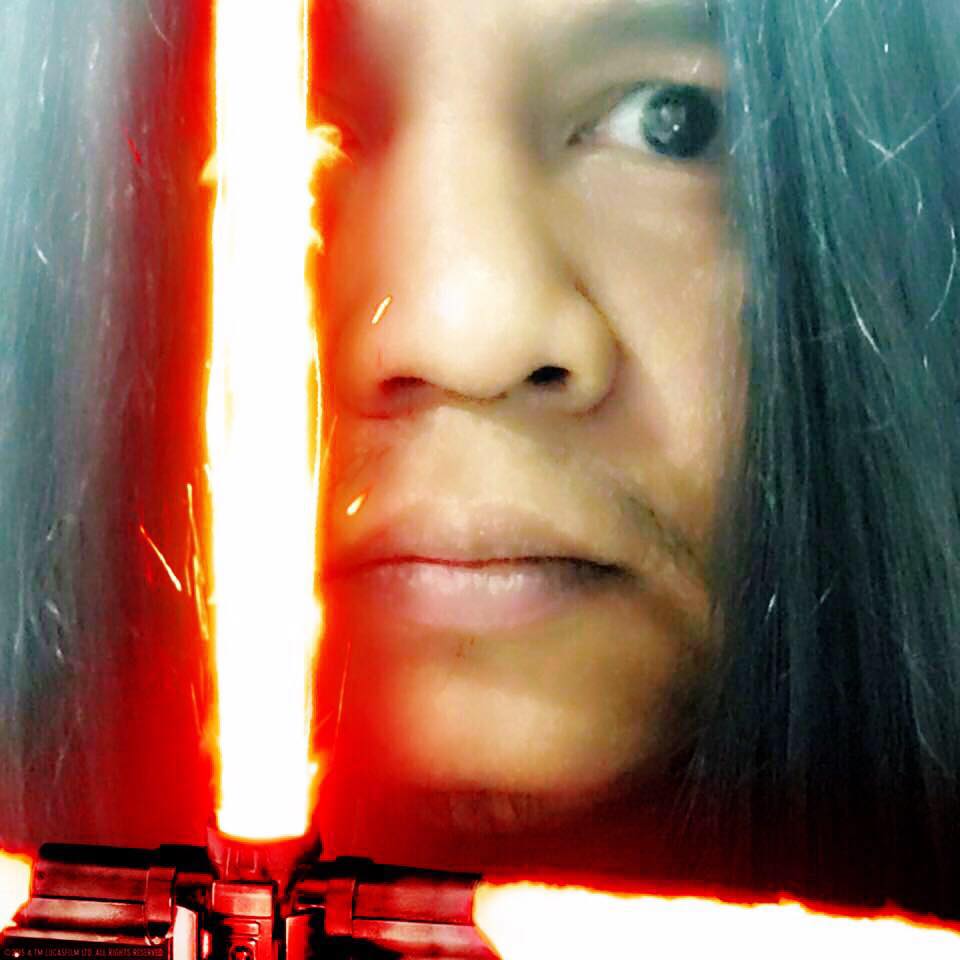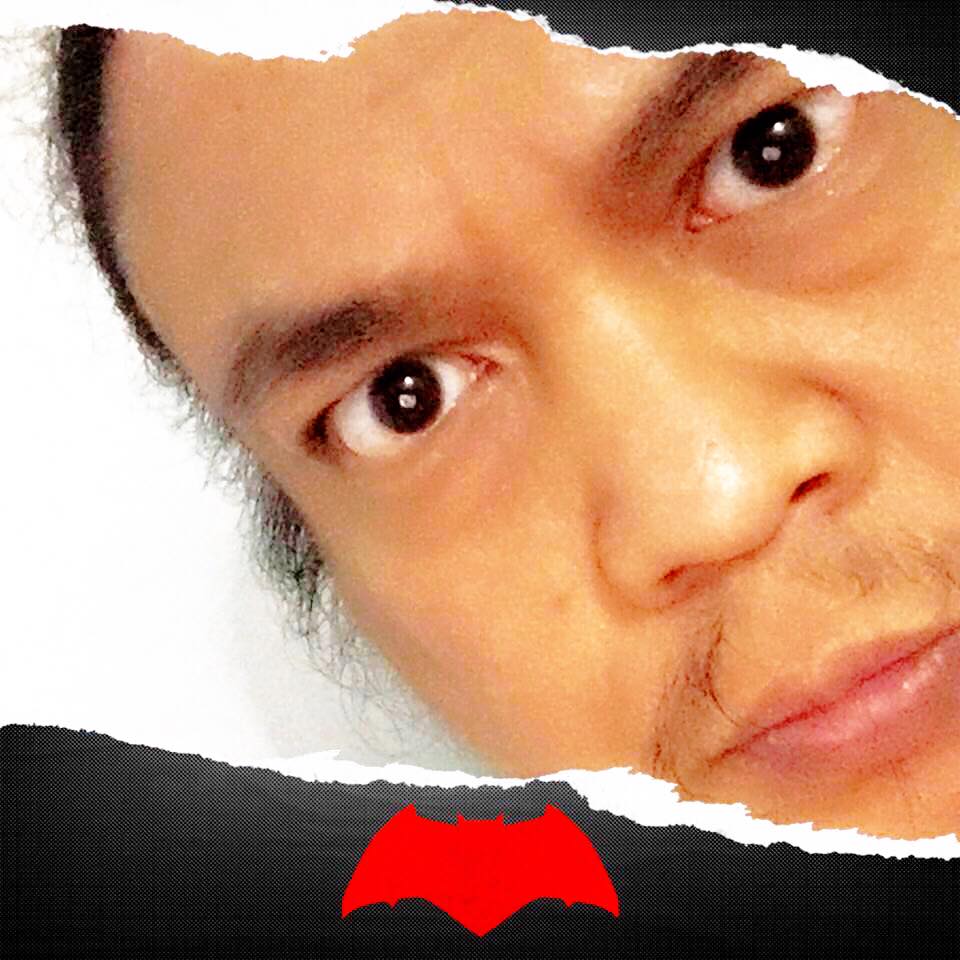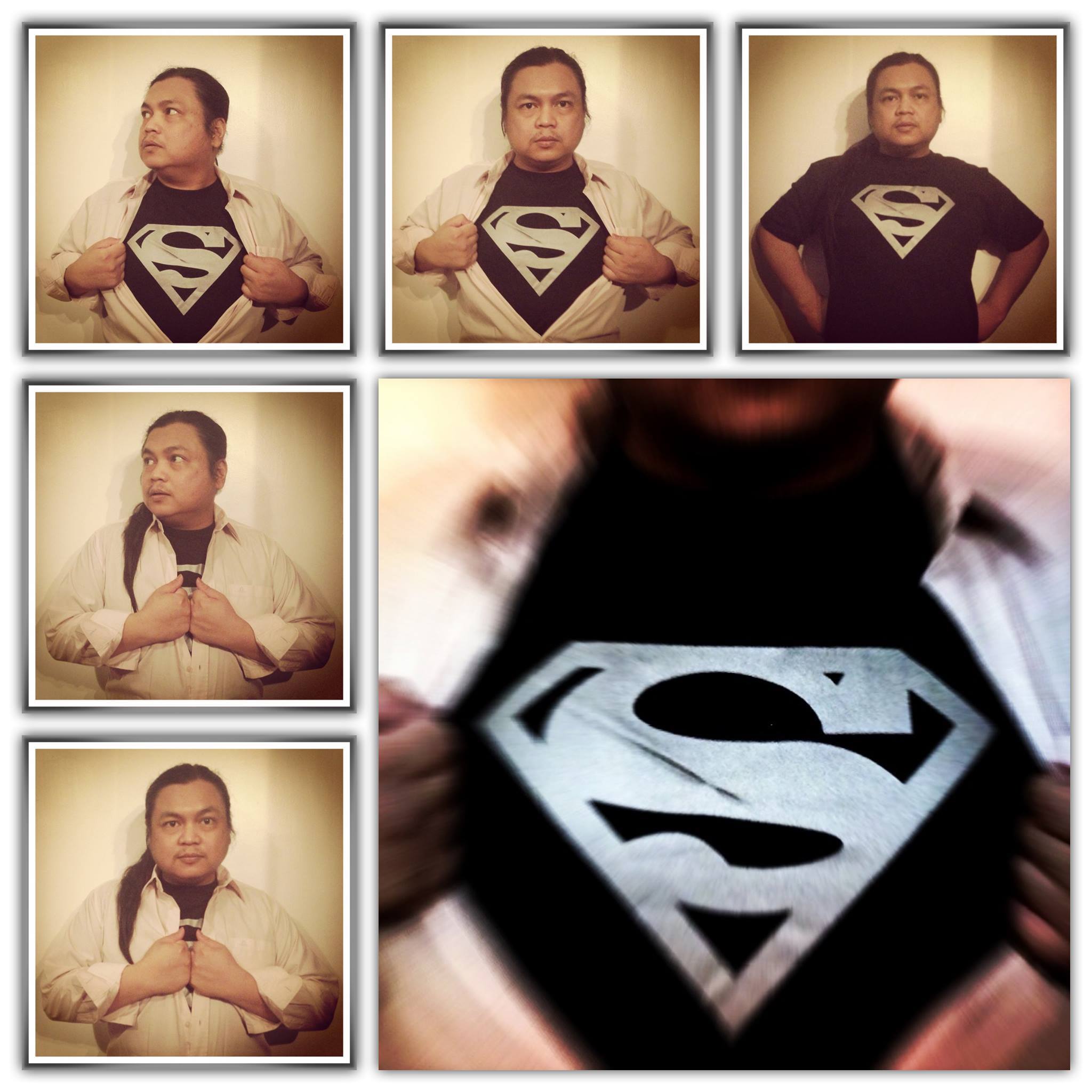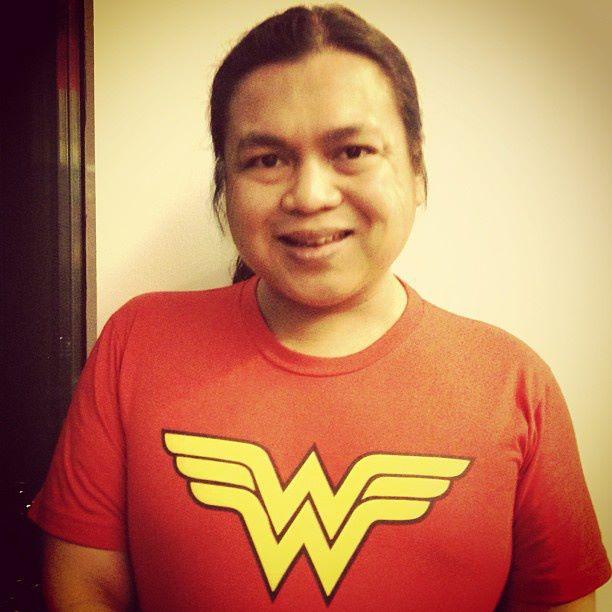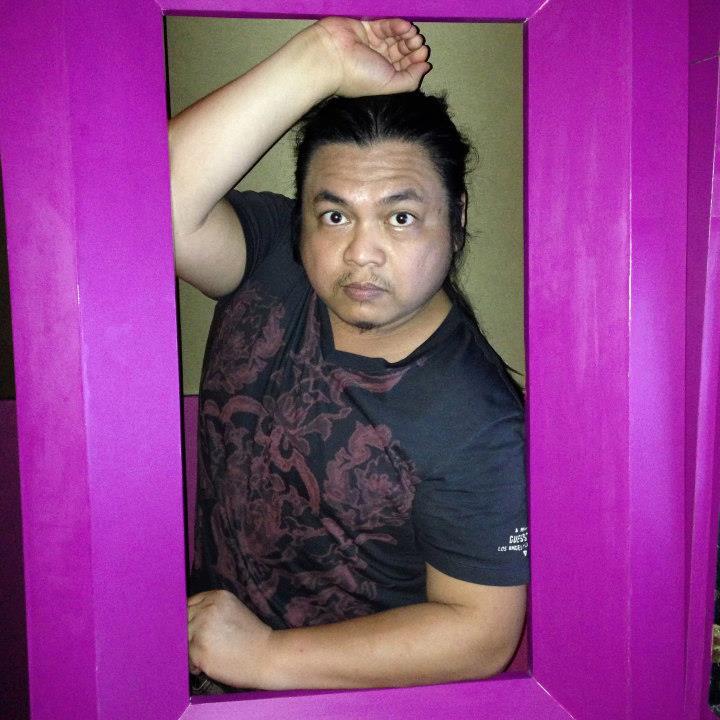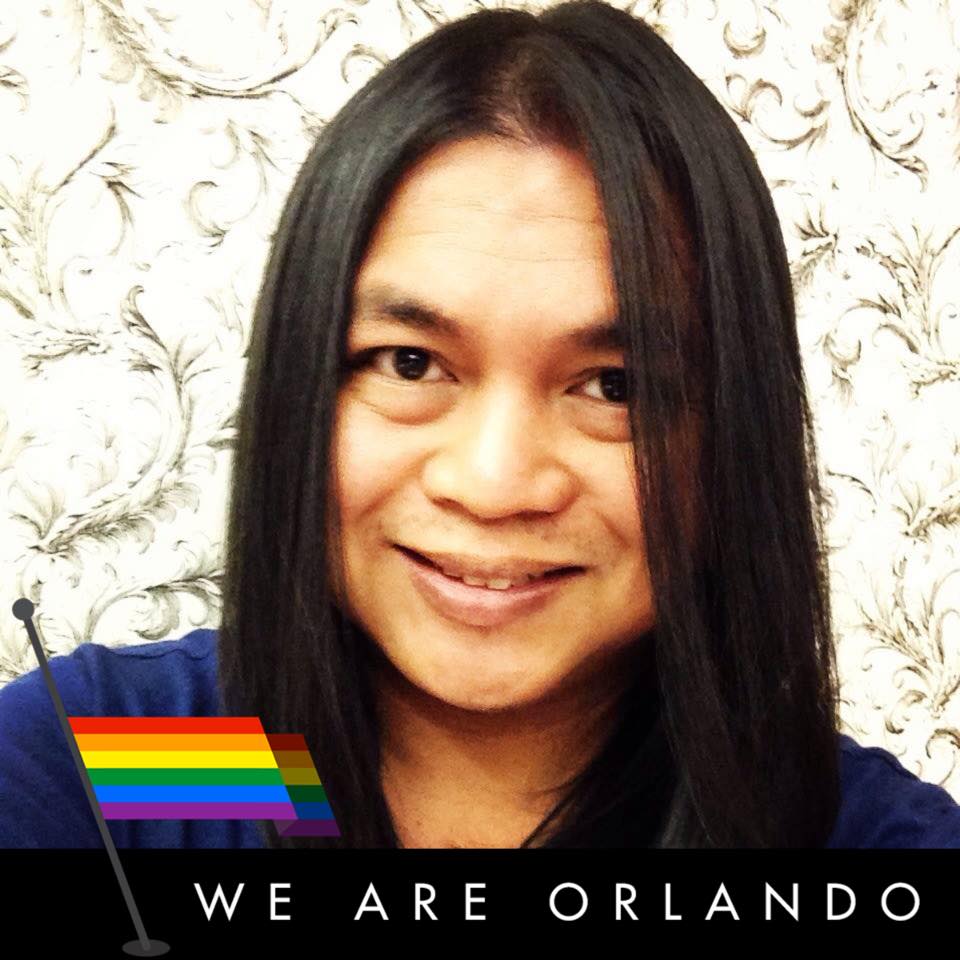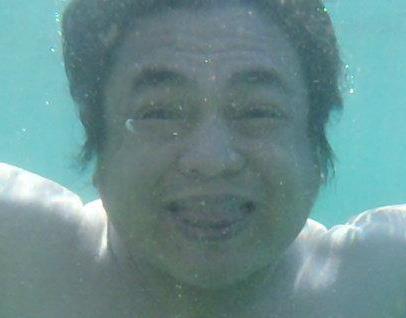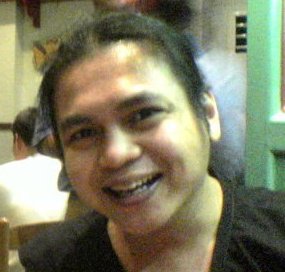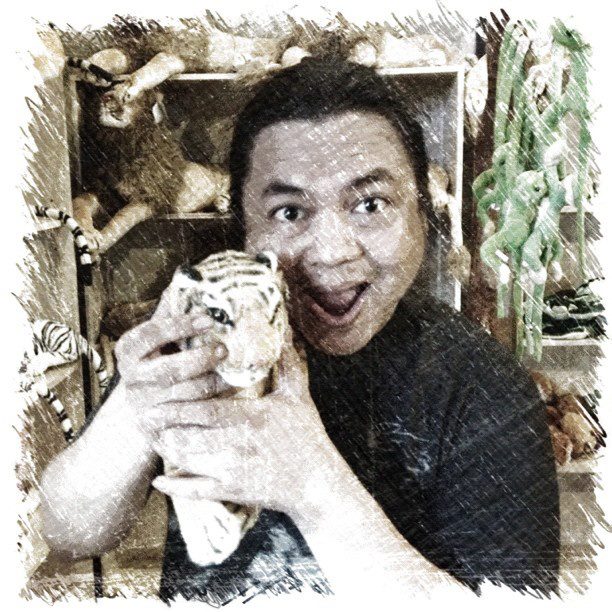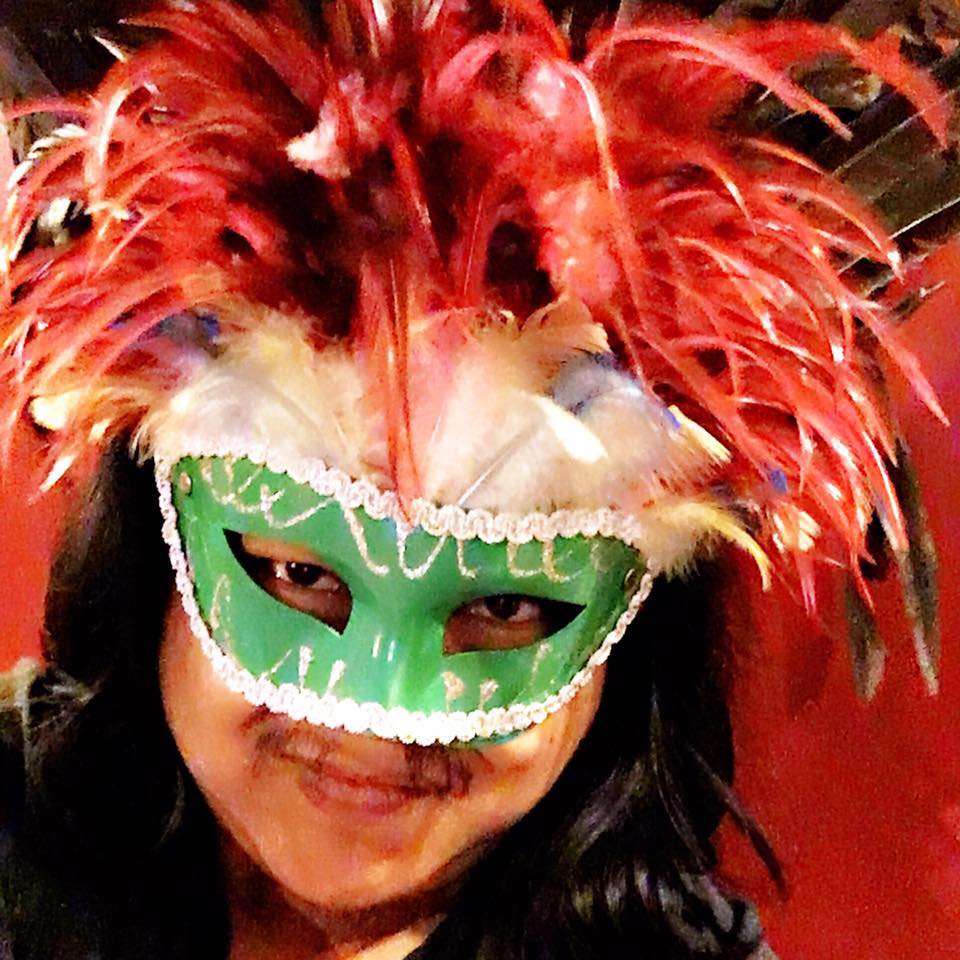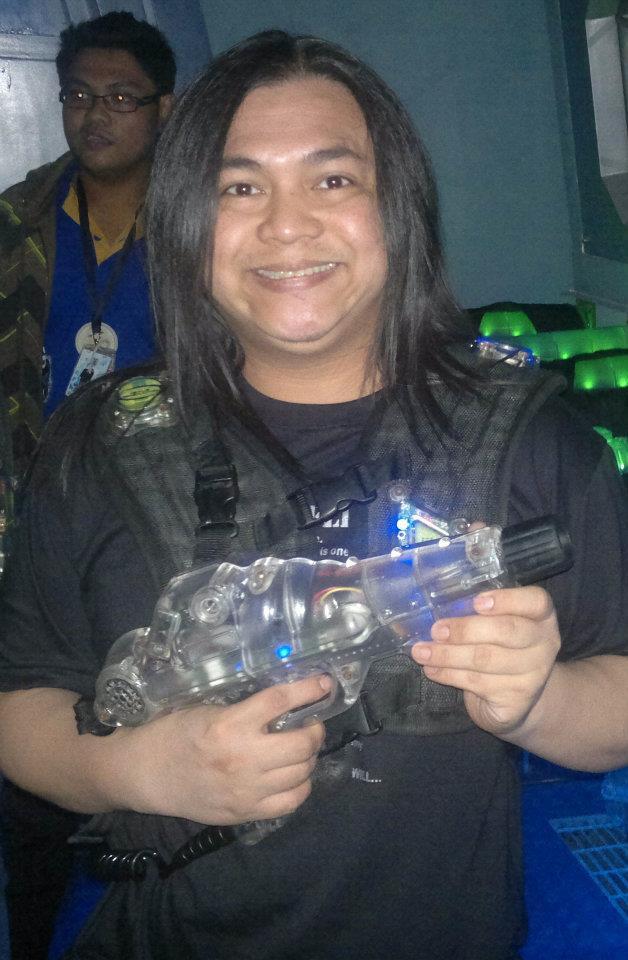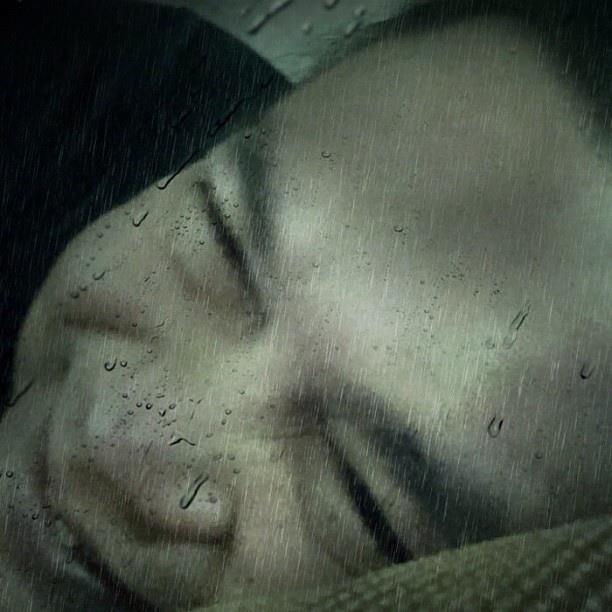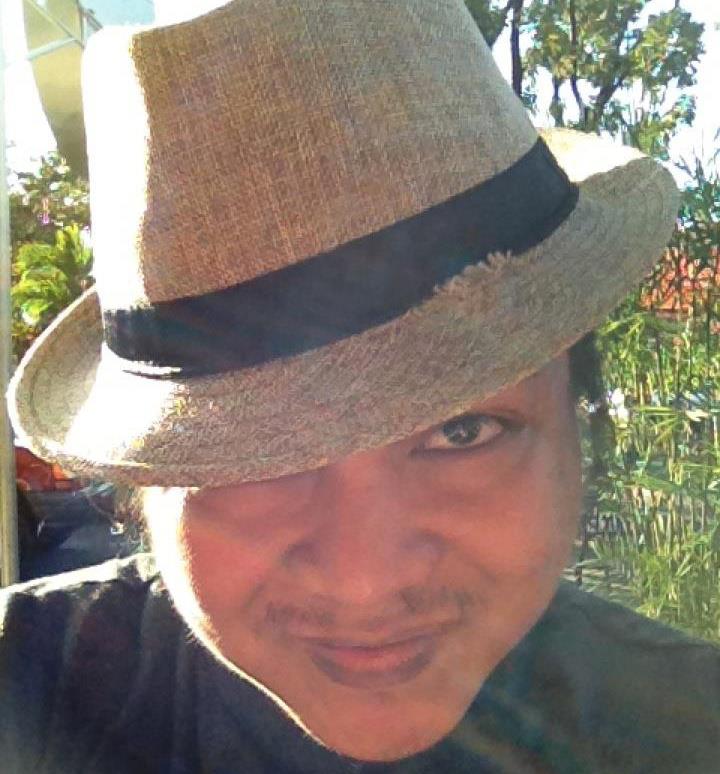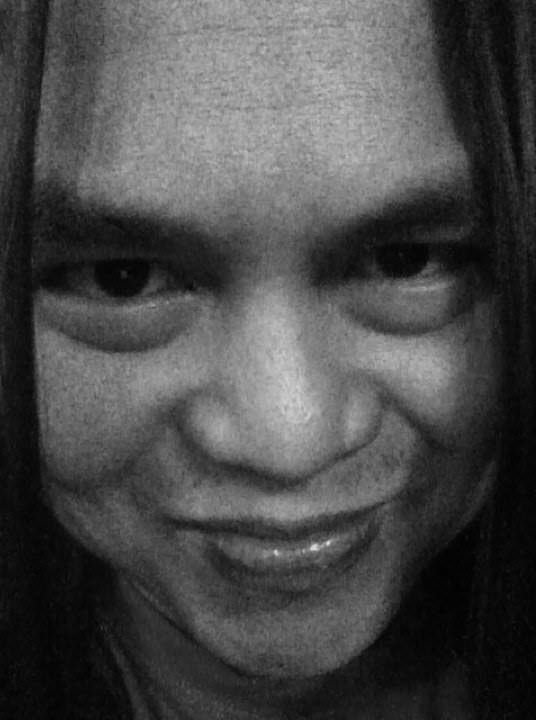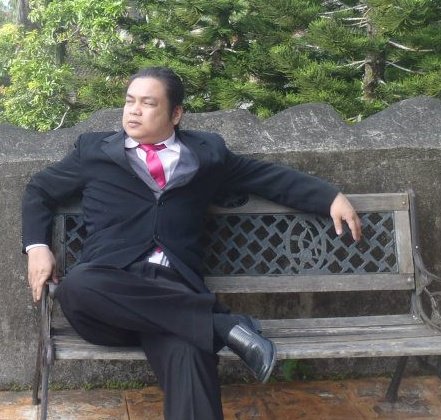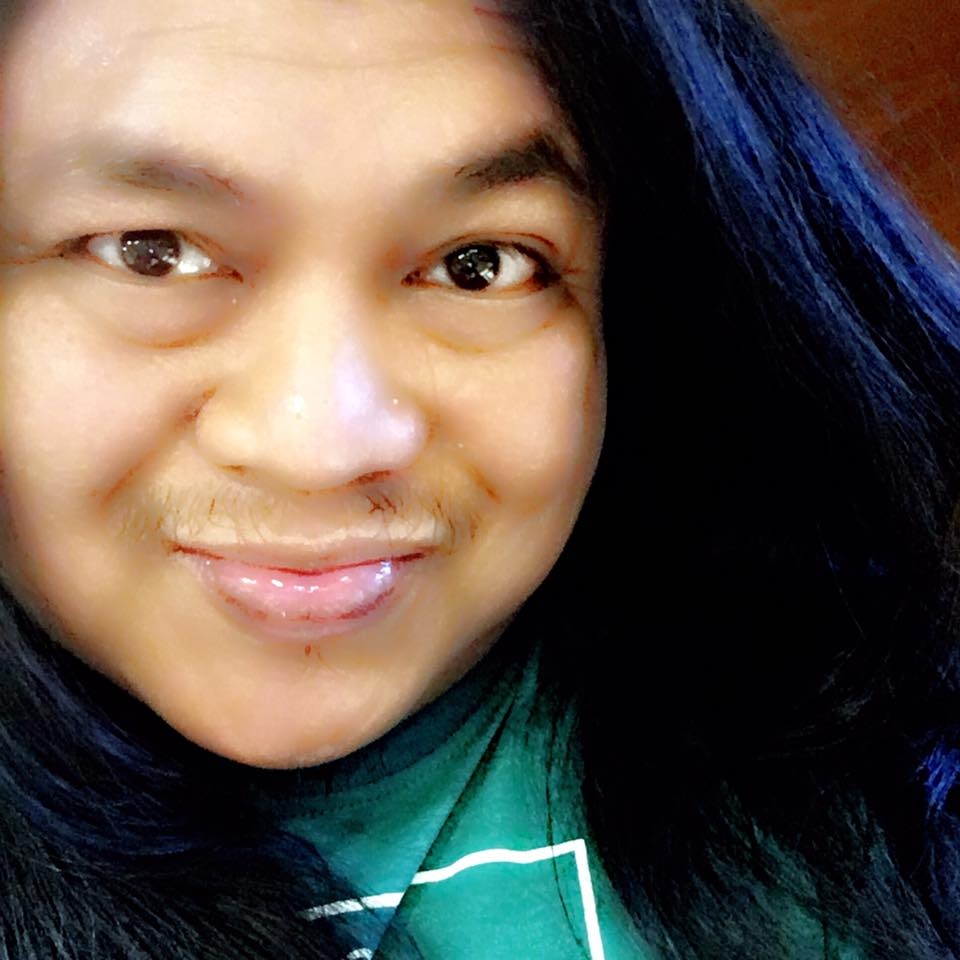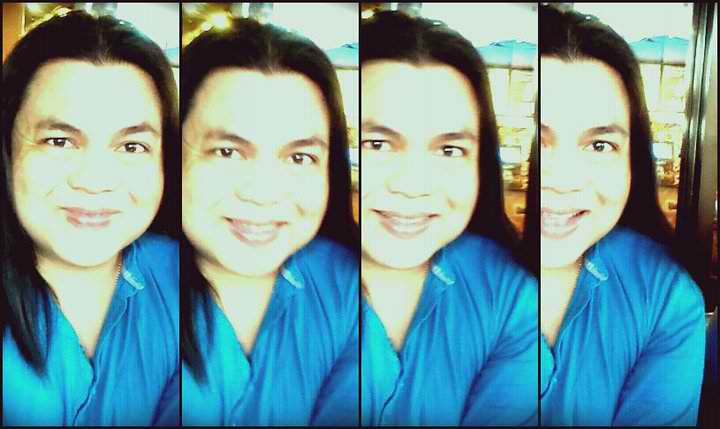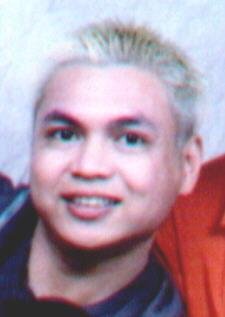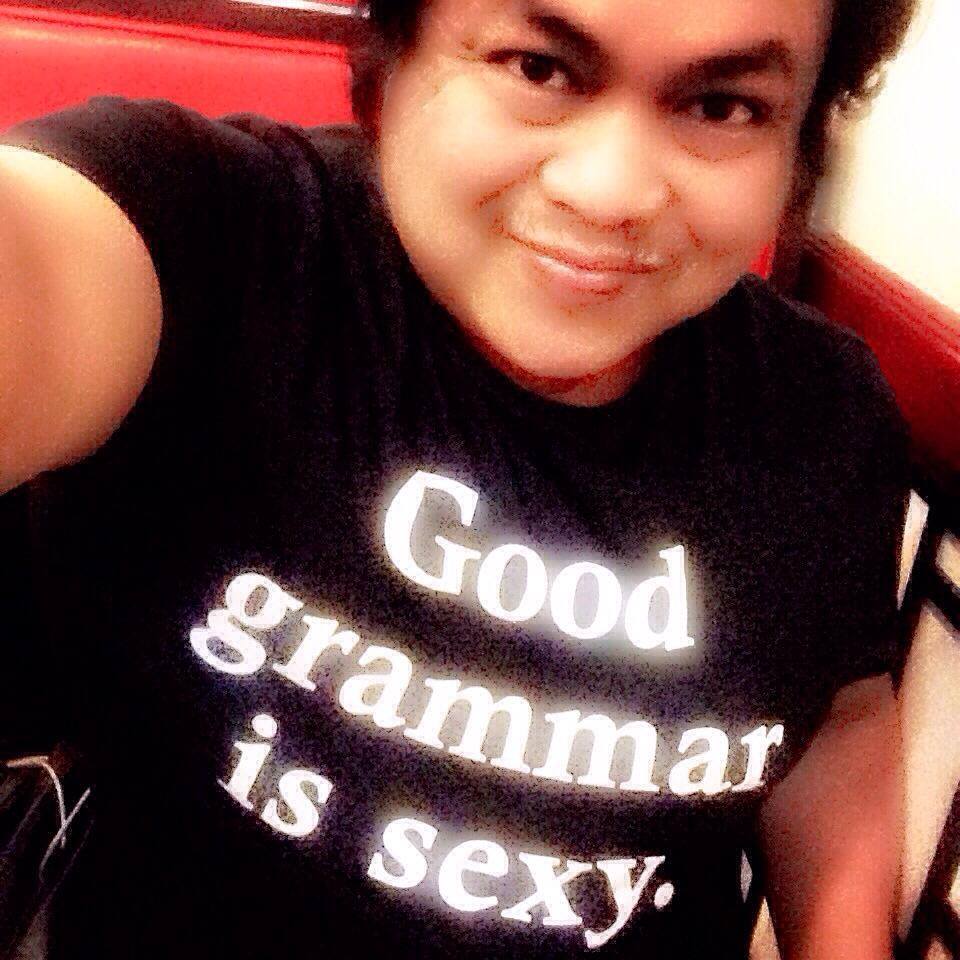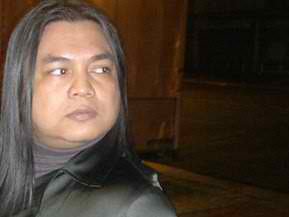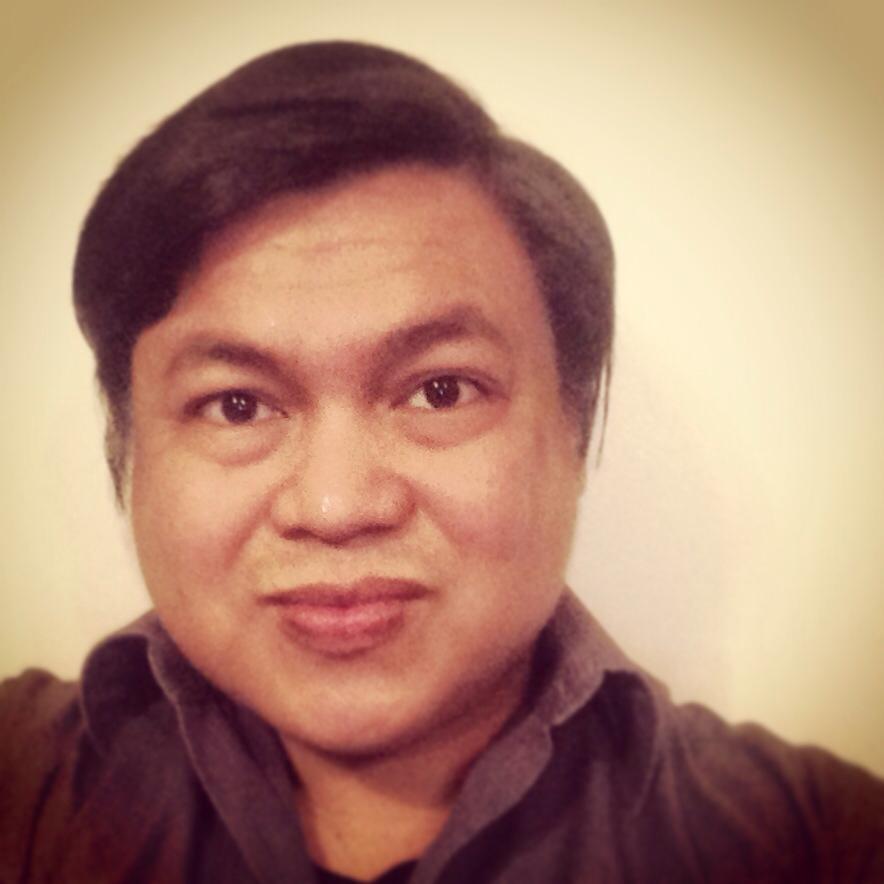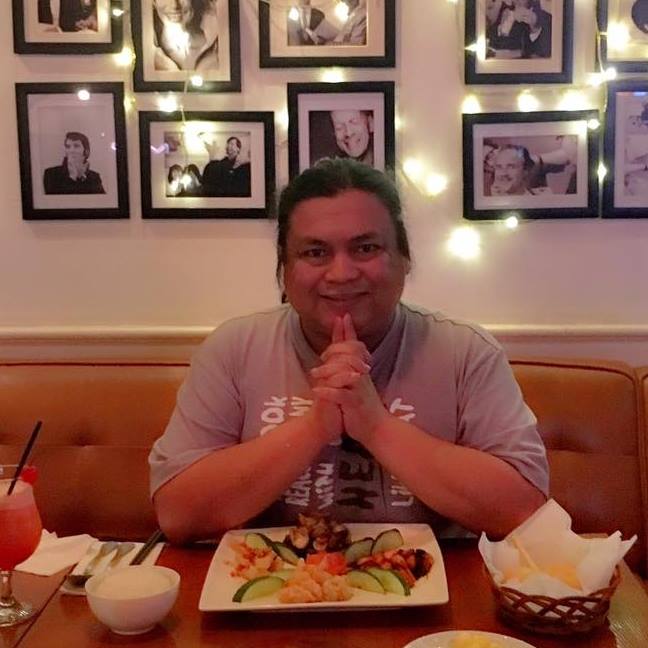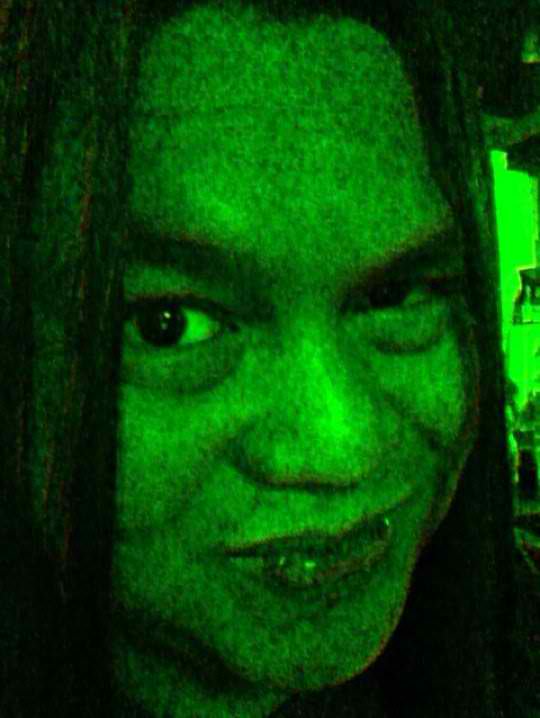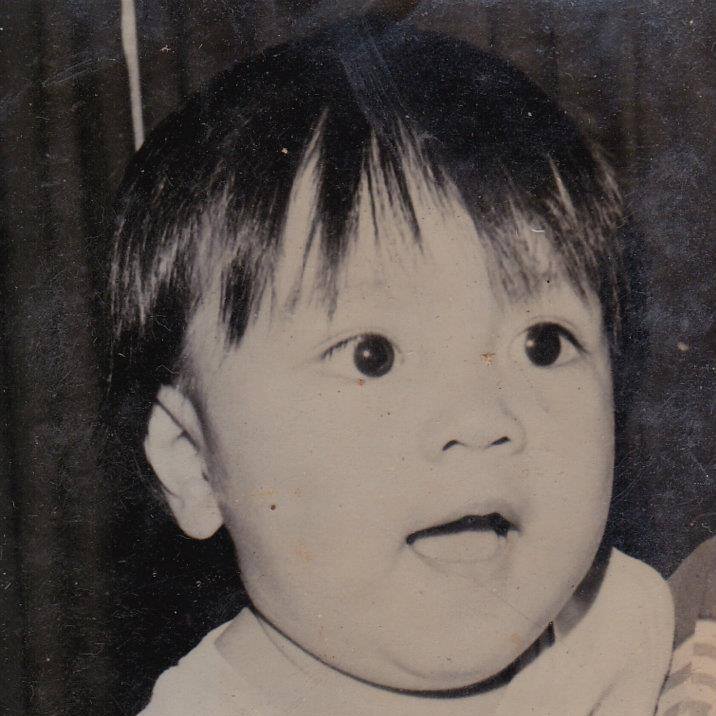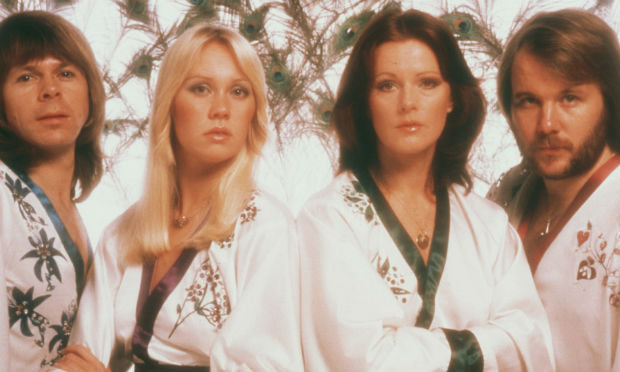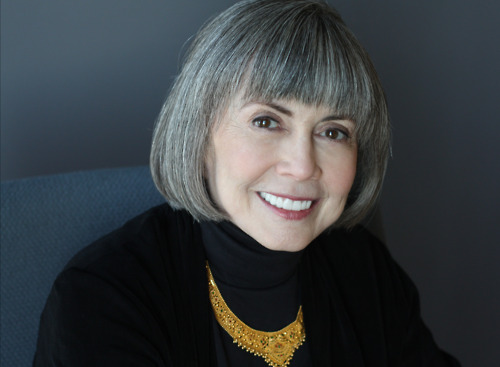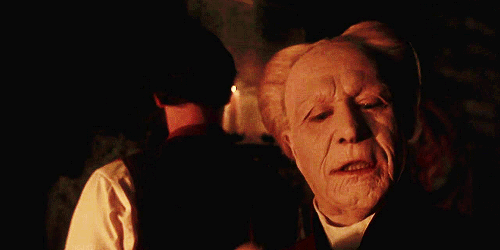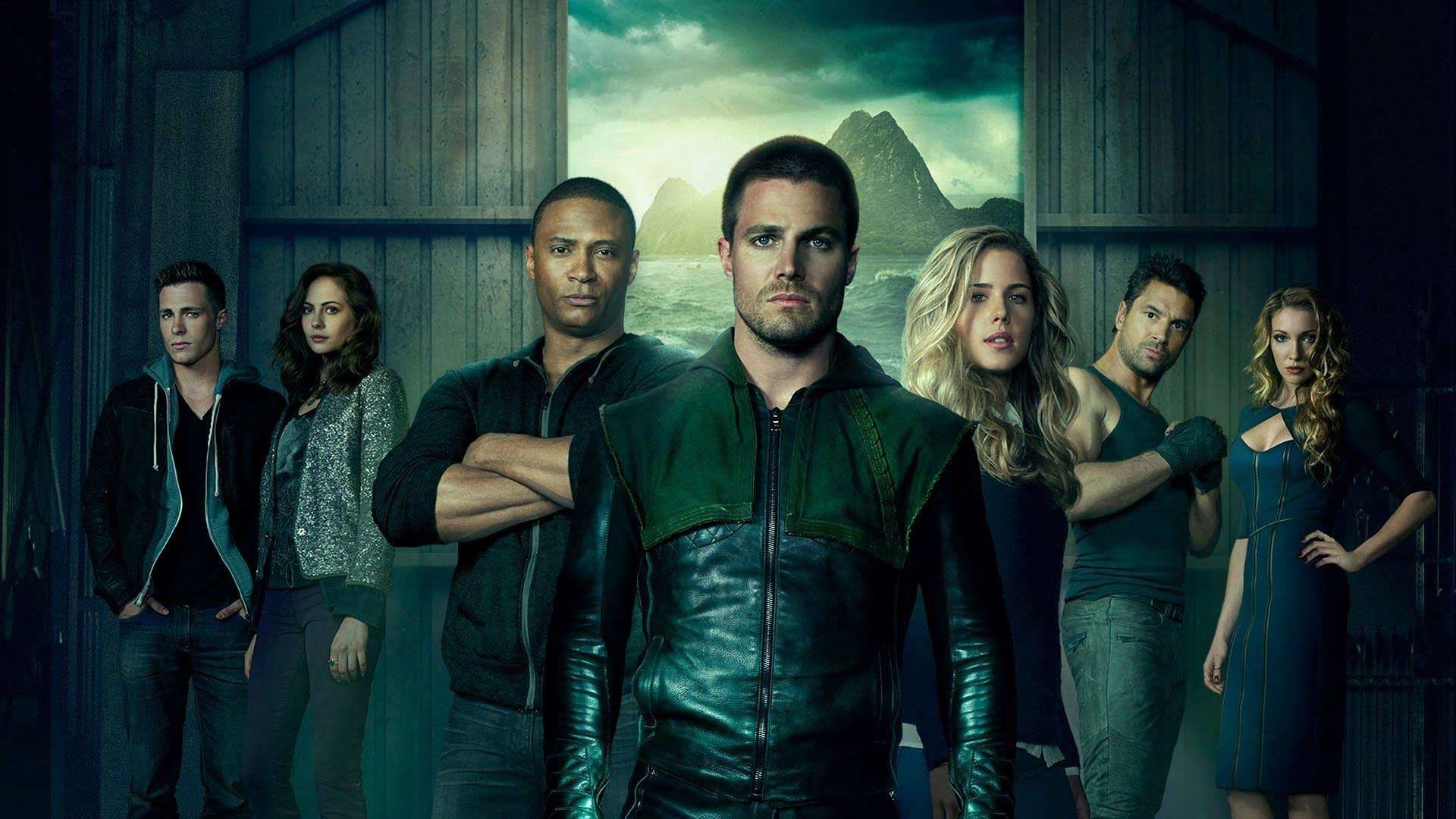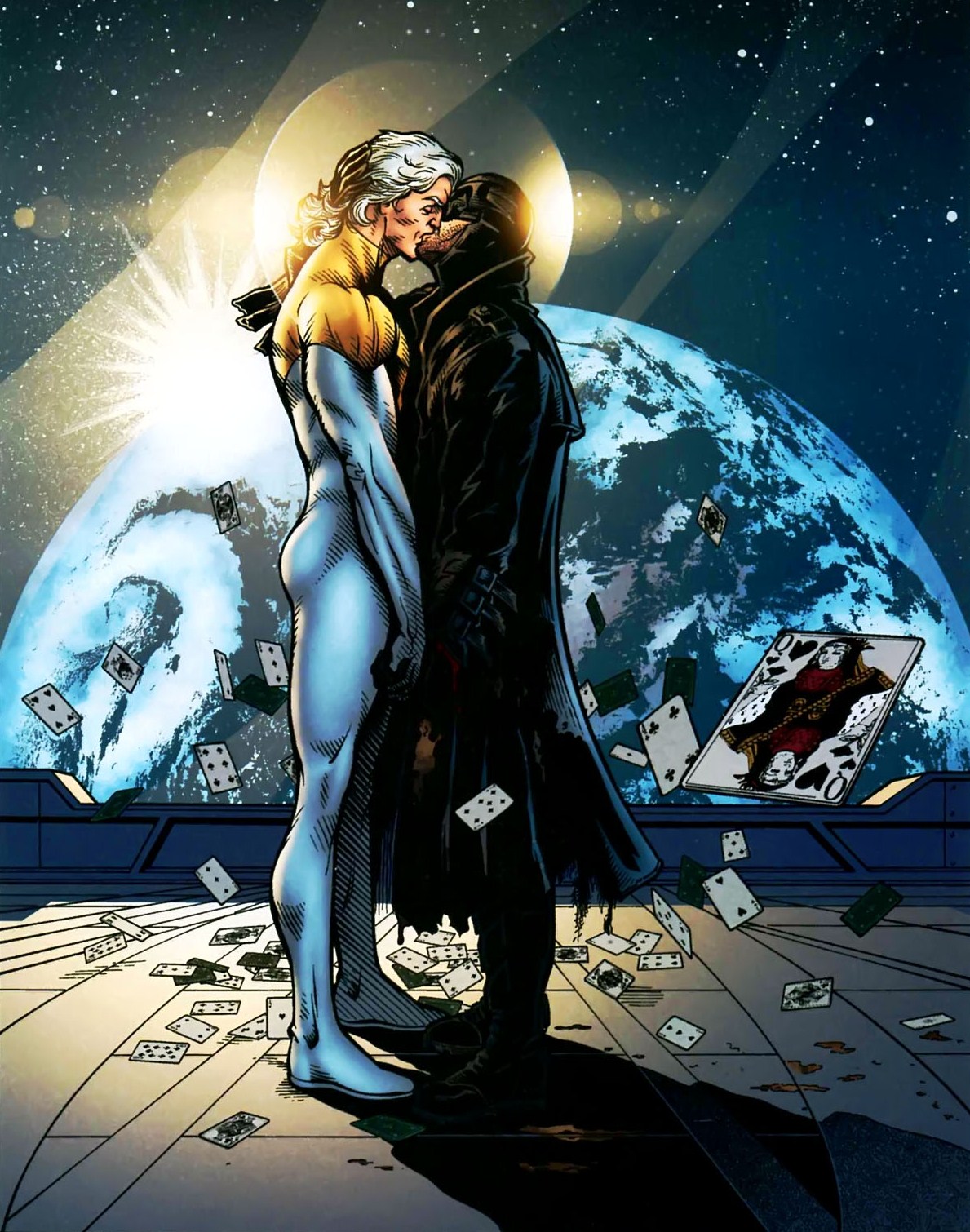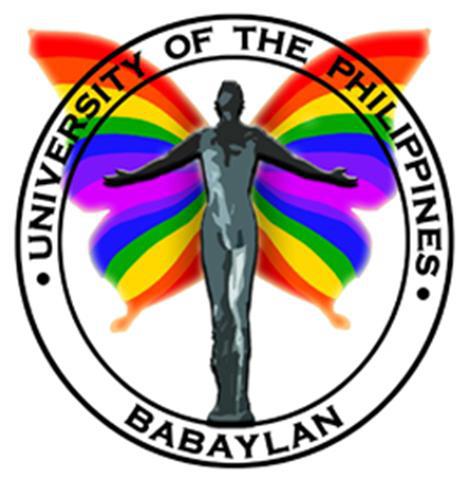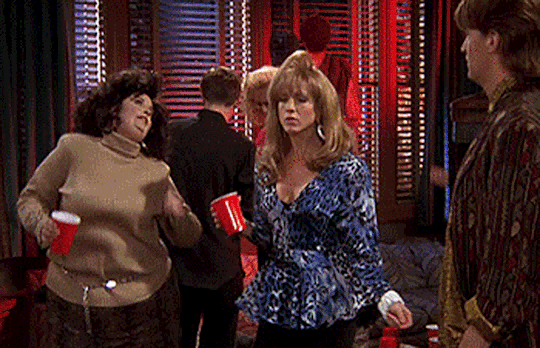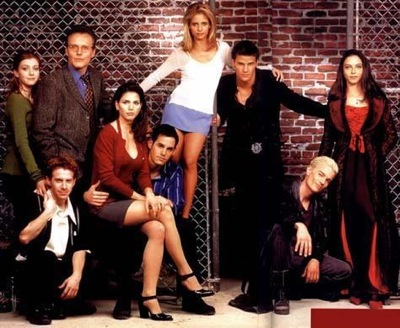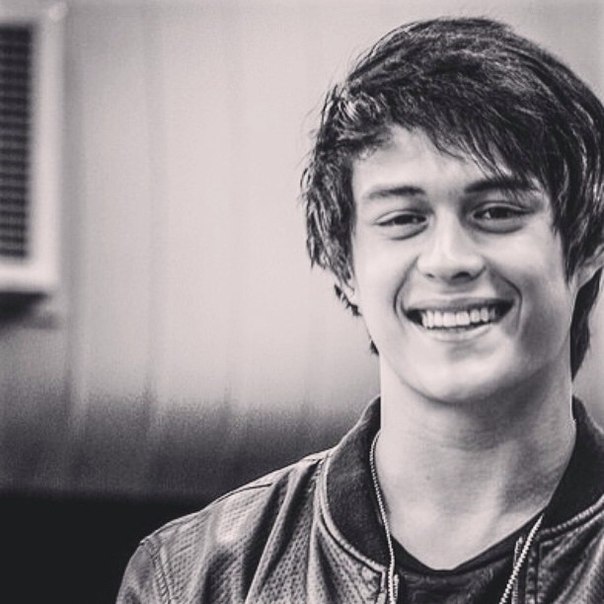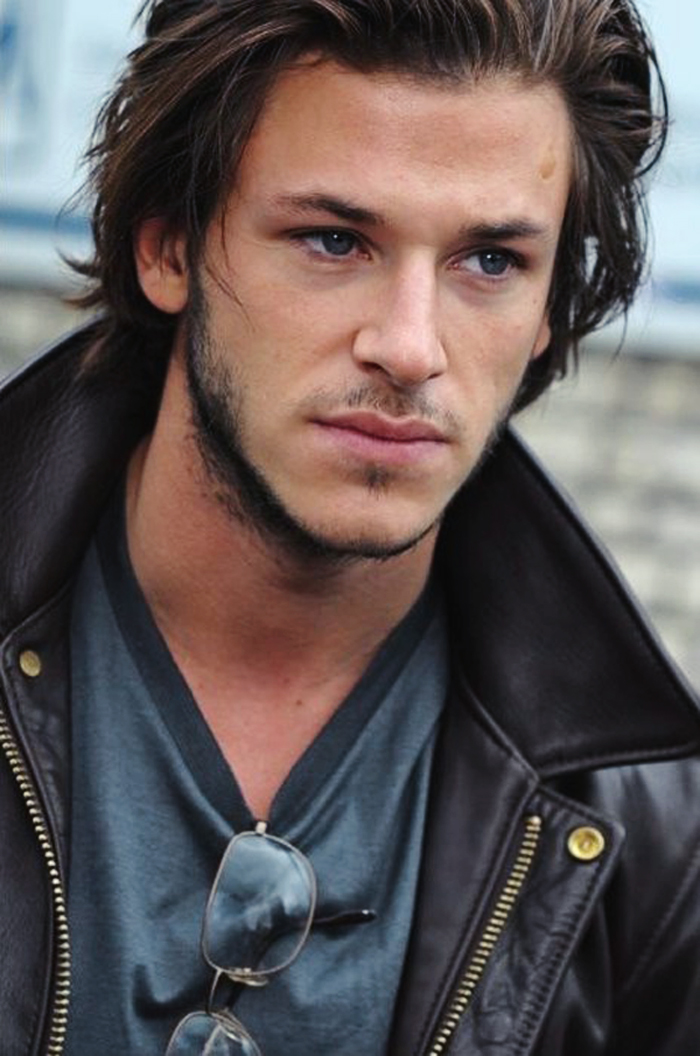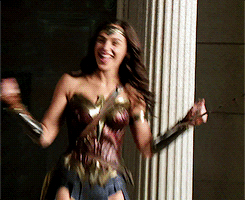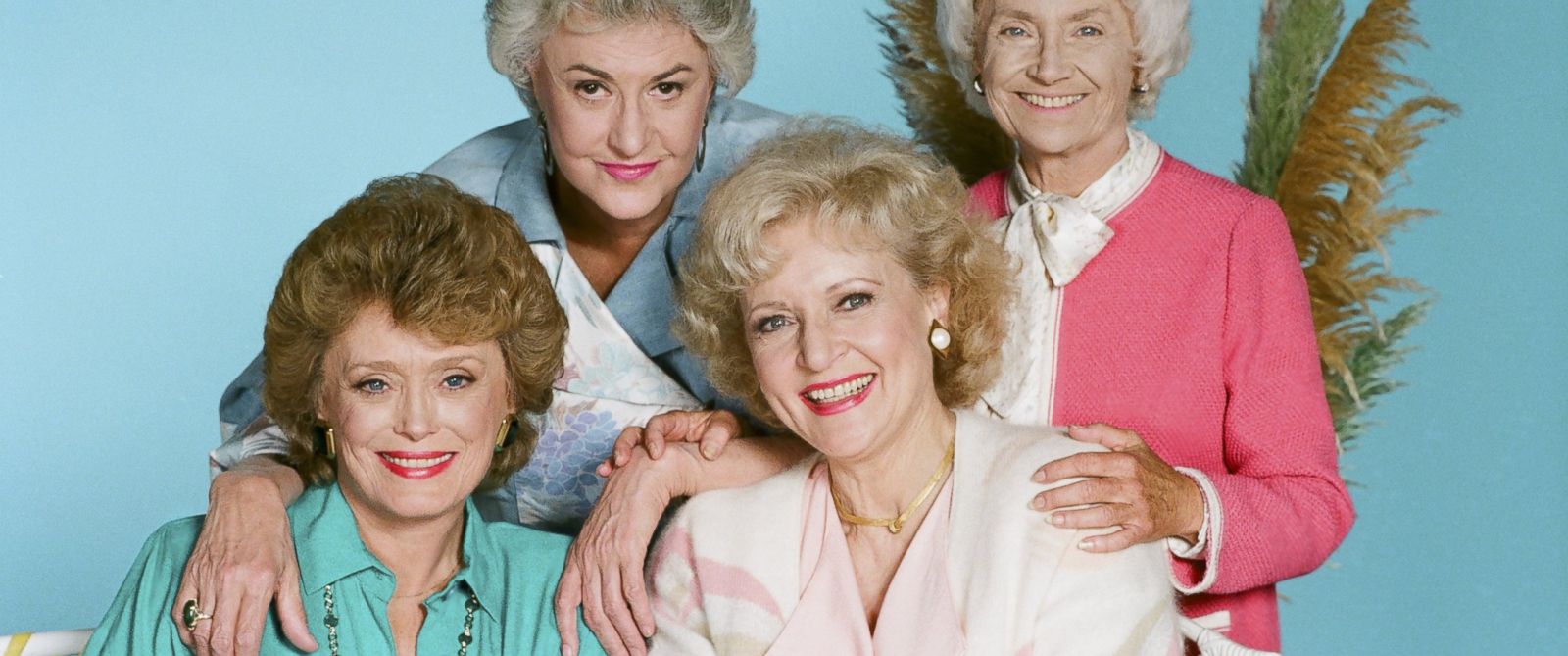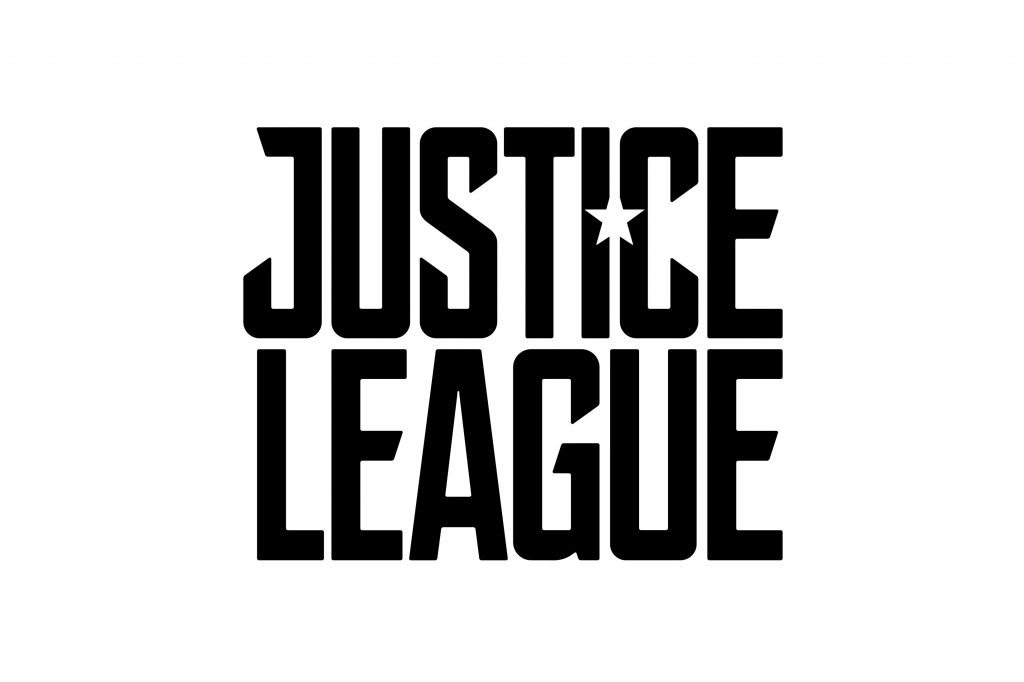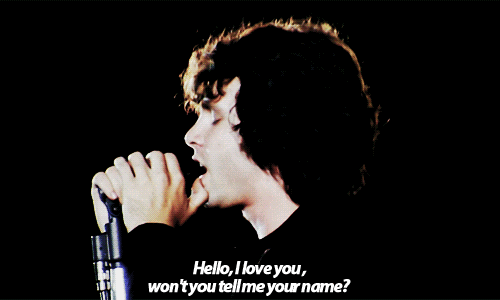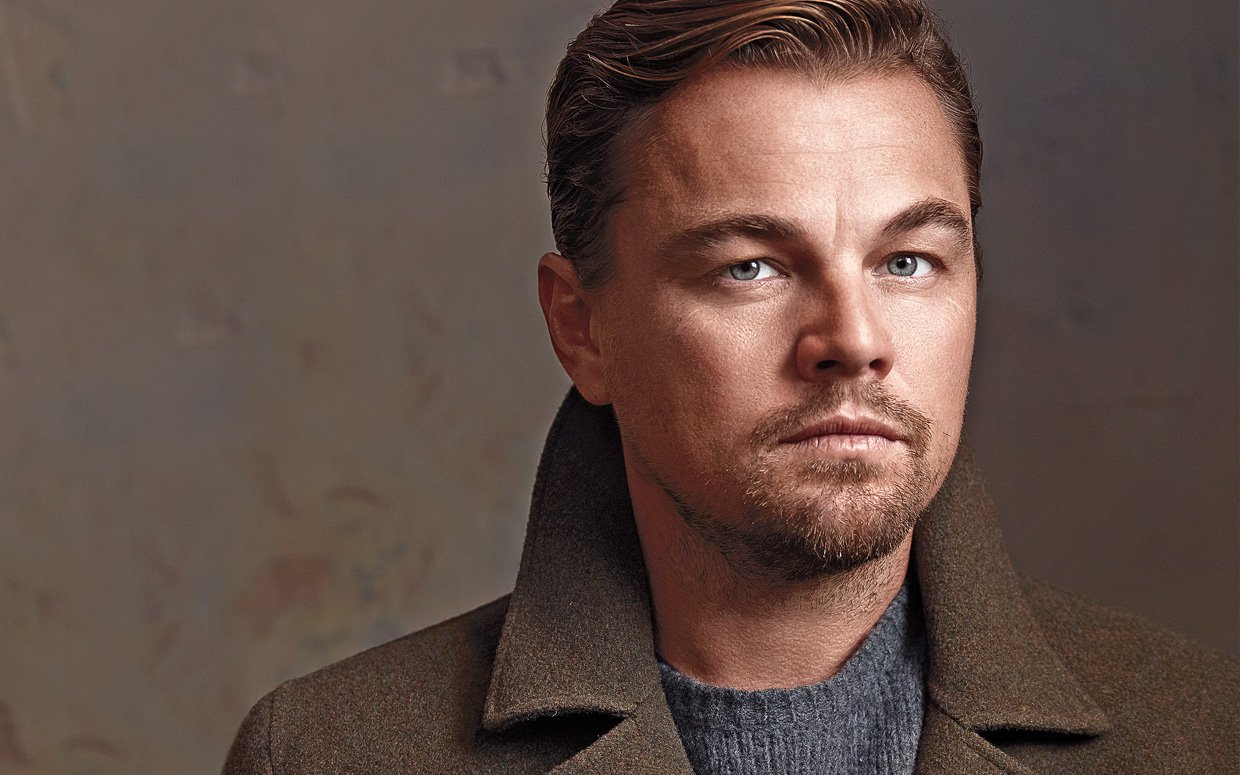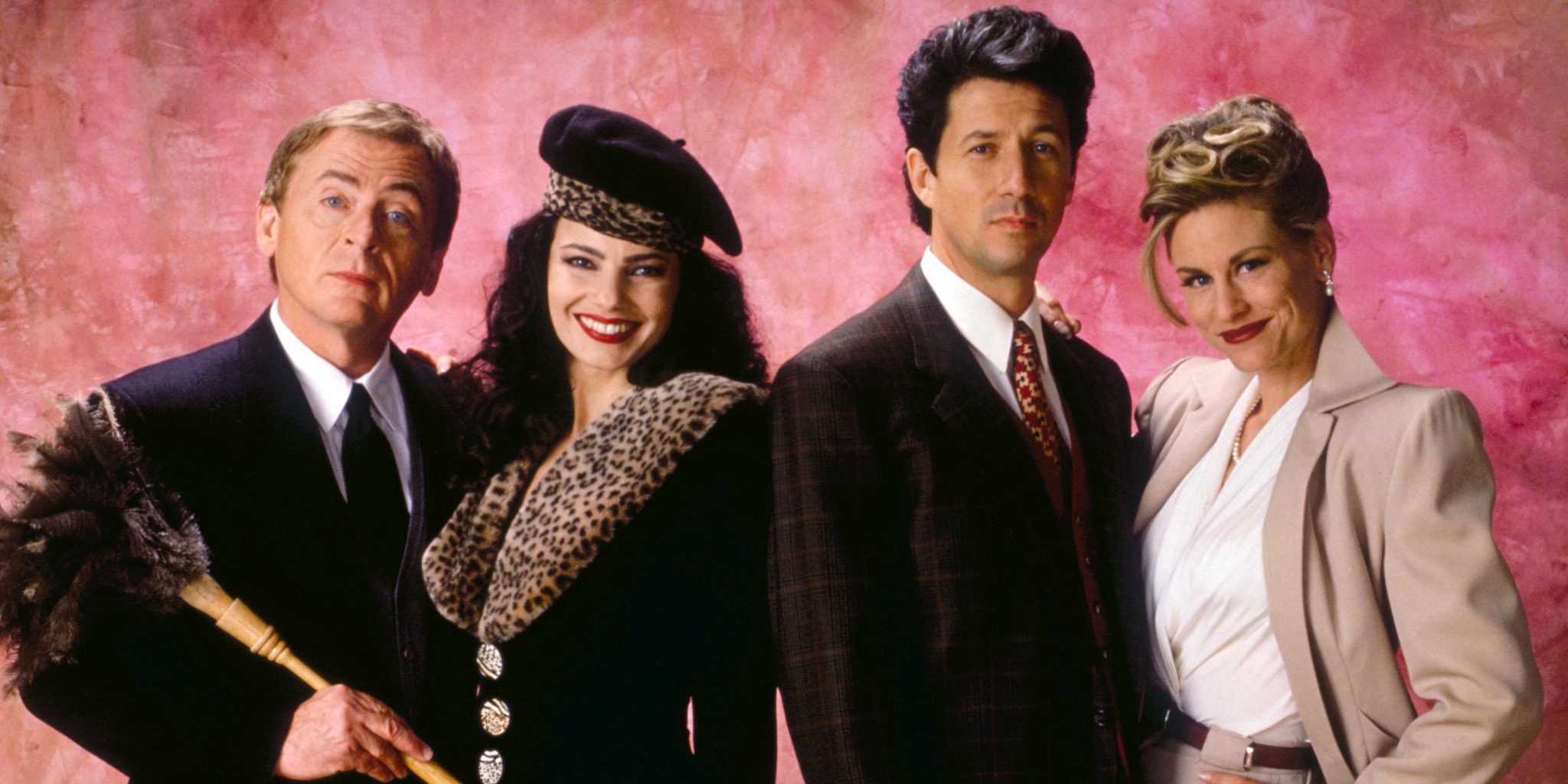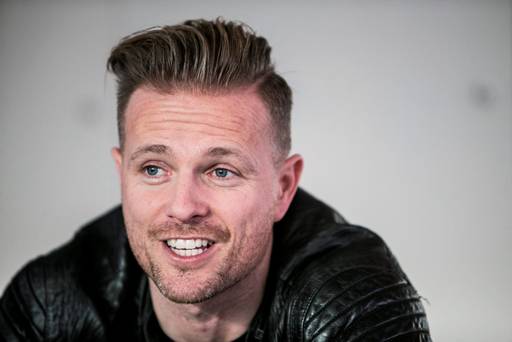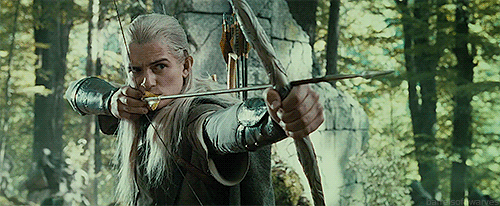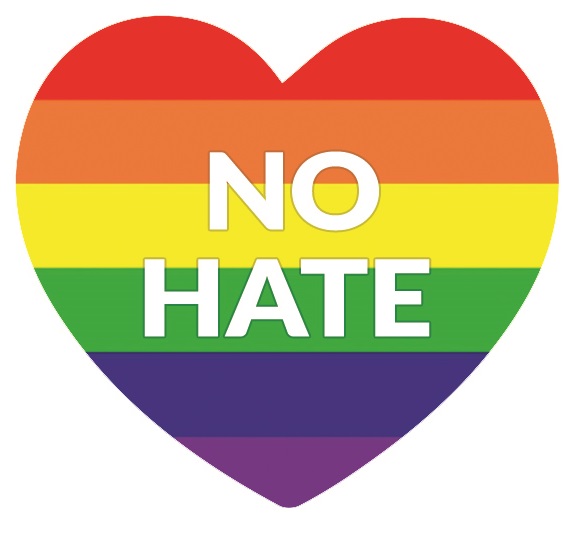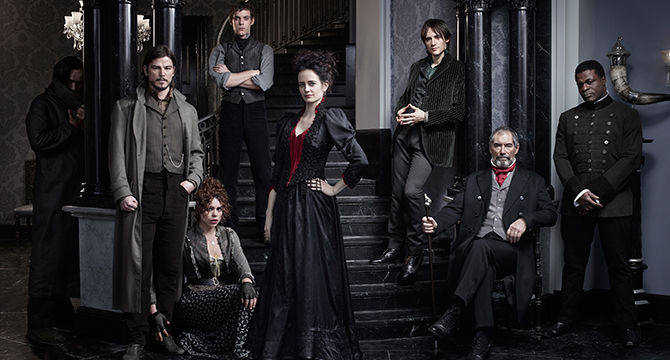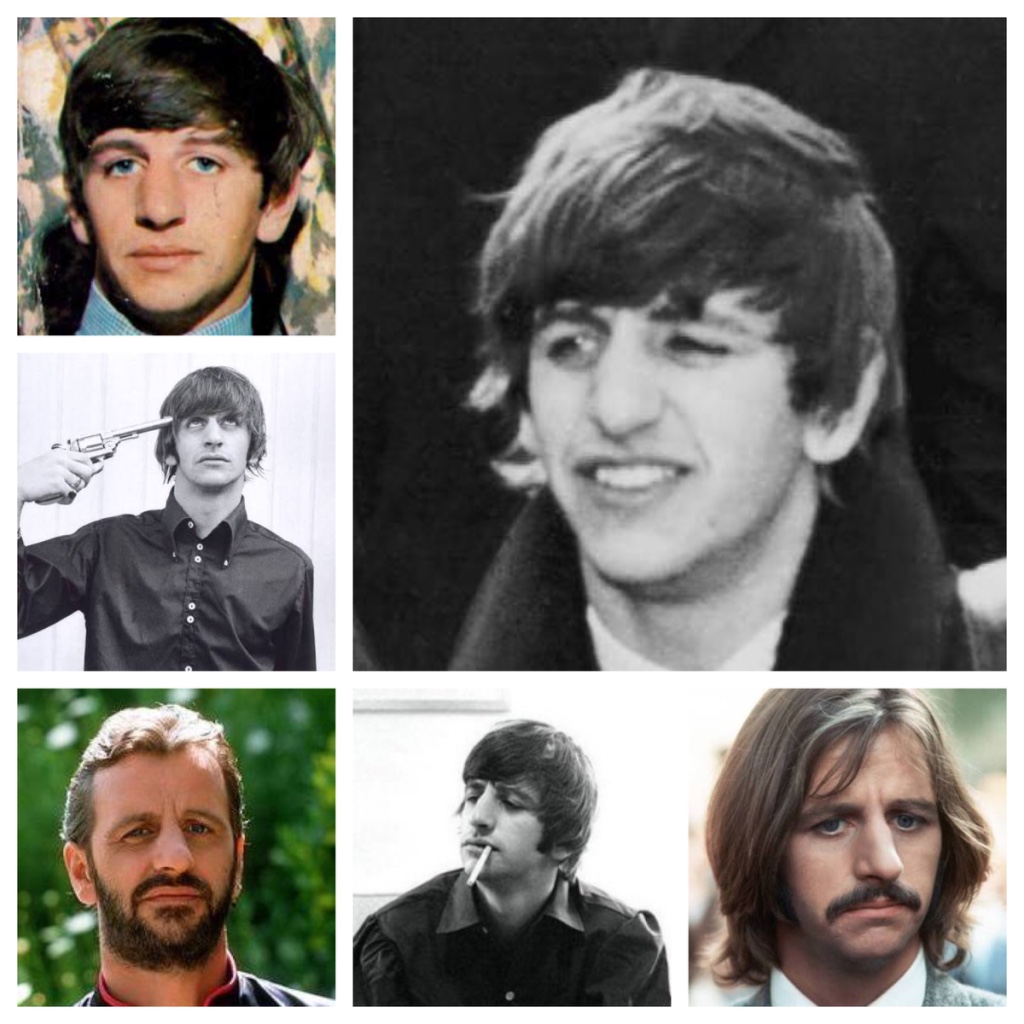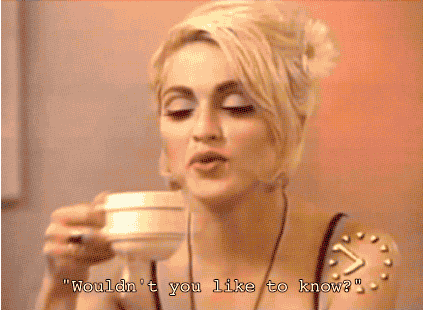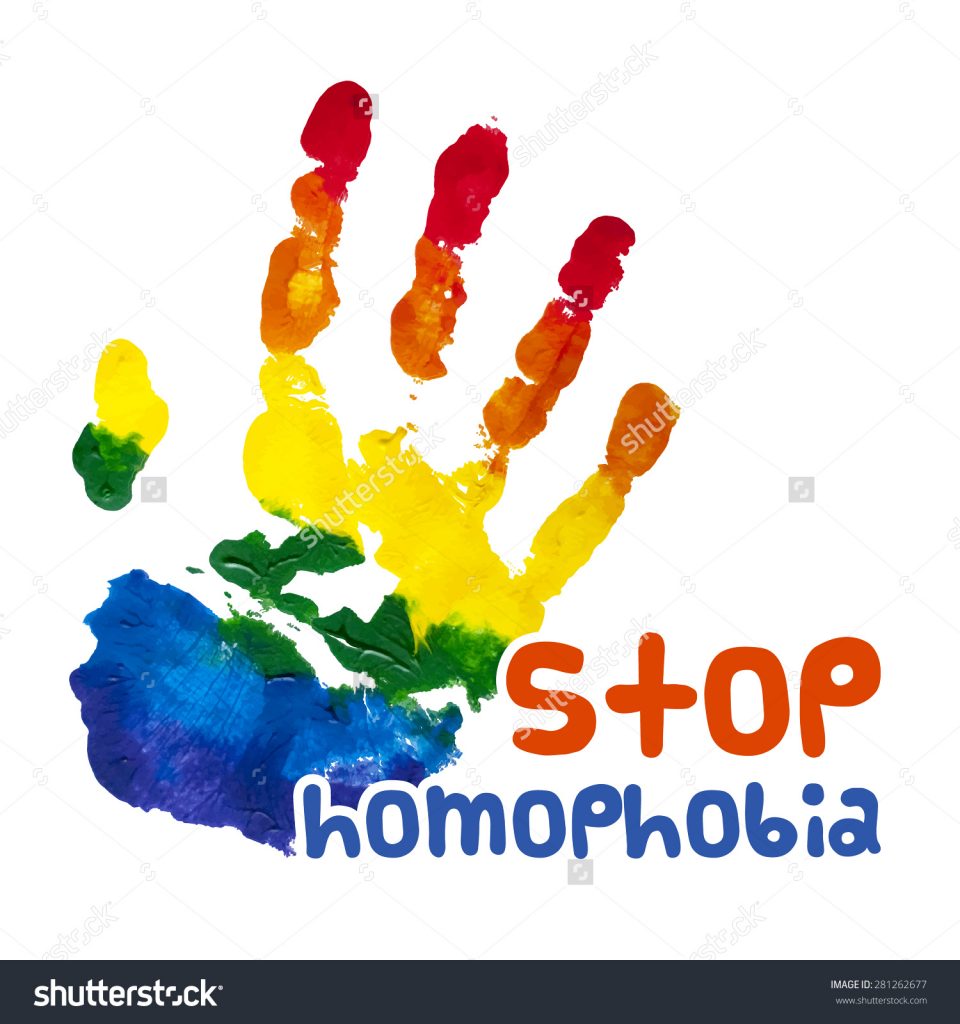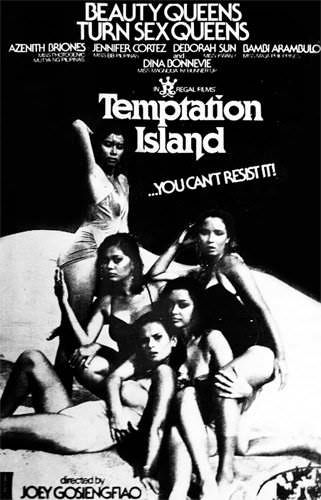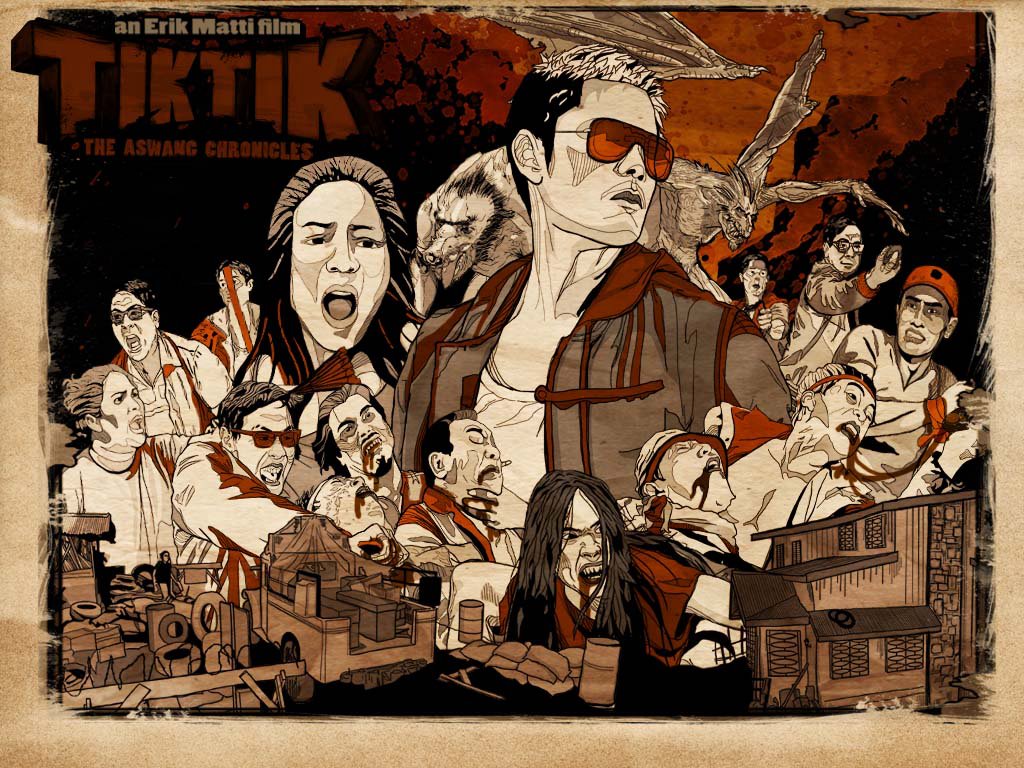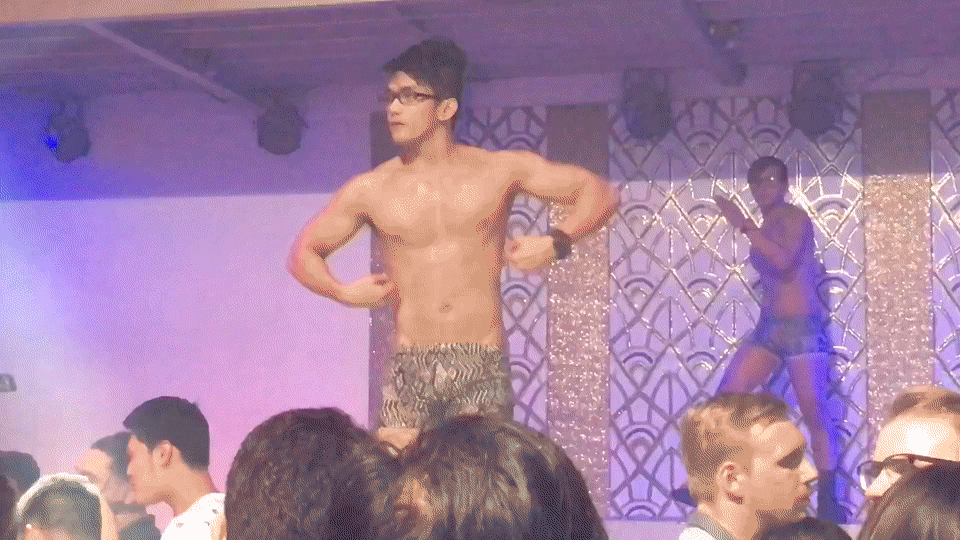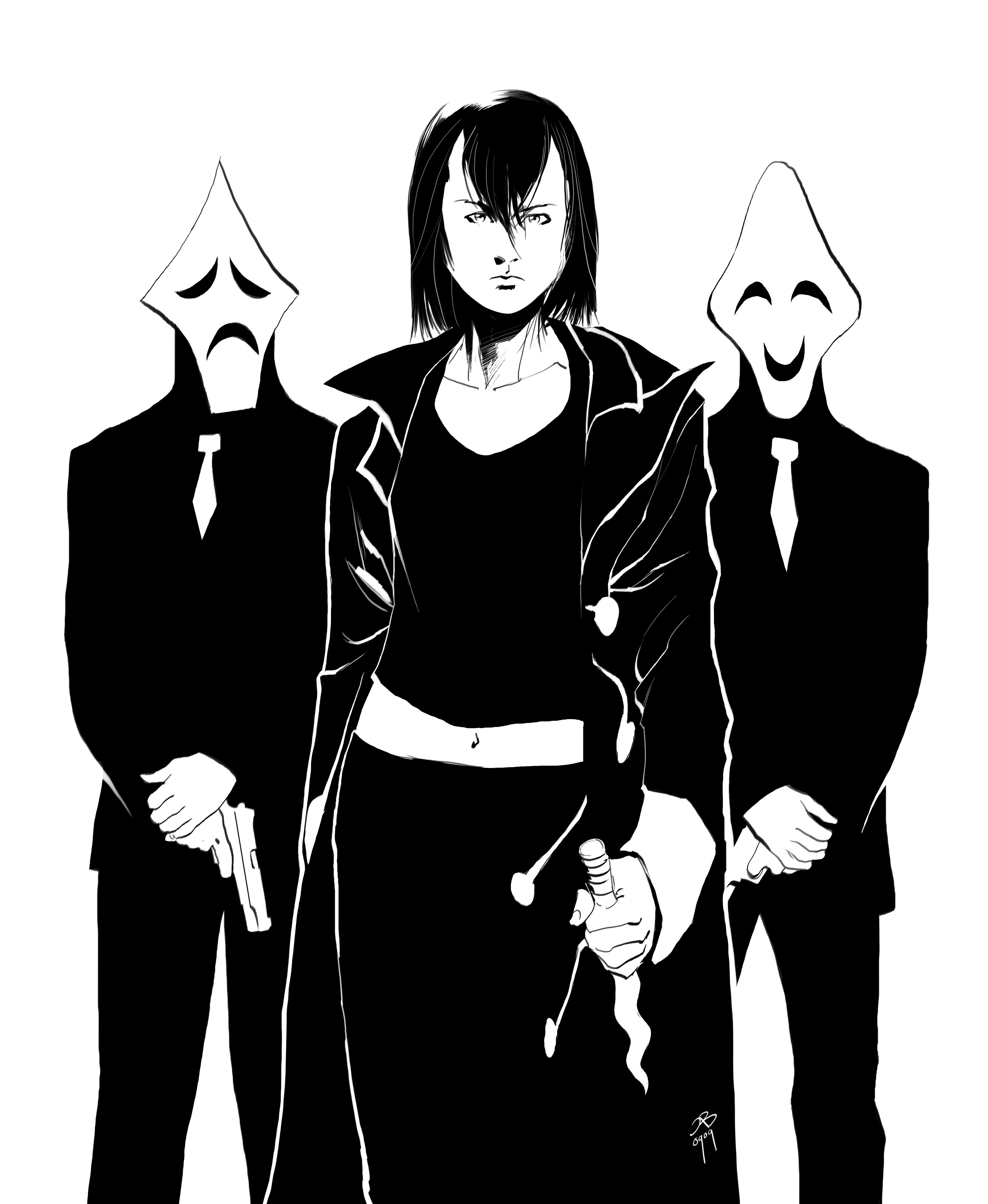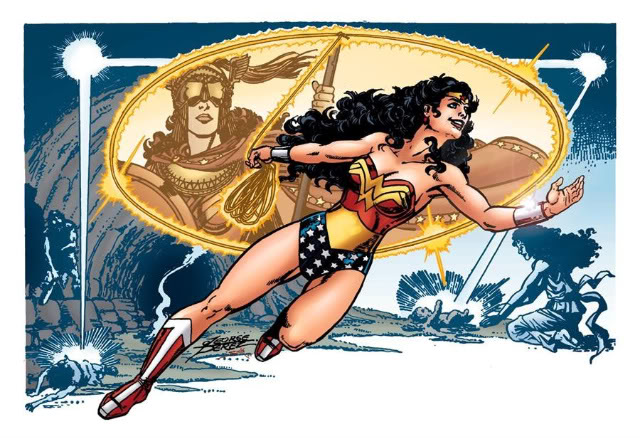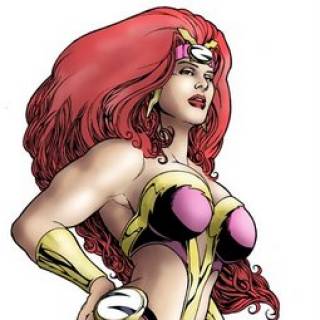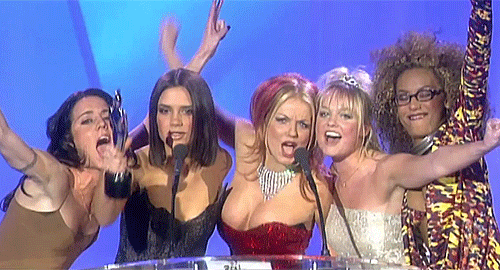Rogues Gathering, Part 1: The Gray Side
by allancarreon on Dec.20, 2016, under Film & TV, Geeky
Star Wars – especially the main episodic film series – has been known for its fantastic lightsaber fights, its mystical subtext, its galaxy-spanning tales of heroes and tragedies and triumphs. In many ways, it is a family epic – the story of the Skywalker family, from Anakin to Luke and Leia to Kylo Ren (and, if speculations are correct, even Rey).
Despite its primary depiction of one’s struggle to remain good and to resist the temptation to turn evil, it has also largely been a story that is pretty black and white in its morality. Good vs. Evil. Light vs. Dark. The Heroic Rebels vs. The Villainous Empire. The struggle has always been about simple right and wrong, and with perhaps the exceptions of Han Solo (who, in being a mercenary, was in it for the money and not for a sense of justice, at least until he developed over the course of the series), Lando Calrissian (whose initial betrayal was due to being compromised but in the end proved to be an ally), and Finn (the stormtrooper who turns his back on the Empire in The Force Awakens) the majority of the characters have either been plainly good or bad.
There has been little room for the gray amongst the characters thus far, and even the evil Darth Vader has been considered a “distinct persona” from the tragic but good Anakin Skywalker as he rose to power then fell. (George Lucas acknowledged the distinction when the remastered Return of the Jedi replaced Sebastian Shaw with Hayden Christensen in the final Force Ghost sequence, signifying that the good Anakin was last seen in the form he had prior to his ascension into Darth Vader.)
Yes, there has always been that internal struggle to fight the call of the Dark Side, as Anakin and Luke and Kylo have all shown. But ultimately, it is a grand fight between good and evil – where one is called to either be this one or that.
And into this universe of good and evil, Rogue One: A Star Wars Story finally brings a more realistic view of the vast majority of characters that populate this world: it is a world that does not automatically assume that Rebels are absolutely pure or that Imperial collaborators are intrinsically evil. The characters here are more nuanced, more layered, more three dimensional than has ever been depicted in the films.
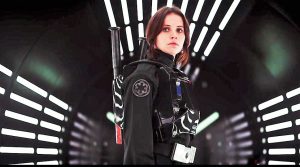 Here, we have Jyn Erso (Felicity Jones), a woman who has felt abandoned so many times – by her father, by her father figure – that she cares little about what happens to the galaxy. Desensitized by so much loss, she has no desire to either be a Rebel or be with the Empire. All she wants is to live life anonymously, fate of the galaxy be damned.
Here, we have Jyn Erso (Felicity Jones), a woman who has felt abandoned so many times – by her father, by her father figure – that she cares little about what happens to the galaxy. Desensitized by so much loss, she has no desire to either be a Rebel or be with the Empire. All she wants is to live life anonymously, fate of the galaxy be damned.
Here, we have Cassian Andor (Diego Luna), a Rebel Intelligence Officer who carries the weight of the guilt of having done terrible things to advance the cause of the Rebel Alliance. He is accused of being such a “good Rebel soldier” 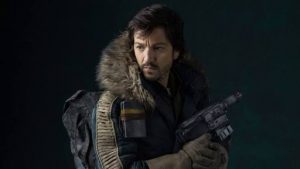 who simply obeys what he is told, whether it is right or wrong, that he might as well be a stormtrooper. However, it is obvious that the burden of all the terrible things he has done is tearing him apart inside.
who simply obeys what he is told, whether it is right or wrong, that he might as well be a stormtrooper. However, it is obvious that the burden of all the terrible things he has done is tearing him apart inside.
Here, we have Bodhi Rook (Riz Ahmed), an Imperial pilot who defects from the Empire after having been trusted by Galen Erso (Mads Mikkelsen), an Imperial Science Officer who himself has had to make difficult choices in order to do what’s right for his family and for the galaxy. Galen, placed in a no-win situation, decides to agree to lead the construction of the infamous Death Star to ensure the safety of his daughter, but in the end found a way to undermine the Empire.
Here, we have the unlikely pair of Chirrut Îmwe (Donnie Yen), a blind Force-sensitive non-Jedi warrior monk, and his friend and protector Baze Malbus (Wen Jiang), a pragmatic freelance assassin who himself has lost faith in the spirituality his own partner so cherishes. 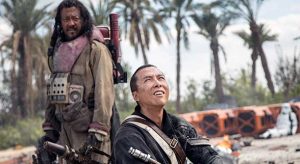 They are polar opposites – a faithful adherent and a disillusioned fighter – and yet they have a strong bond that cannot be denied. (I also felt gay subtext here, as have others, but that is a discussion for an entirely different post.)
They are polar opposites – a faithful adherent and a disillusioned fighter – and yet they have a strong bond that cannot be denied. (I also felt gay subtext here, as have others, but that is a discussion for an entirely different post.)
Here, we have the extremist Saw Gerrera (Forest Whitaker), a resistance fighter with his own band of warriors and who has done – and has no regrets in doing – questionable things to oppose the evil regime that controls the galaxy. His methods are brutal, his tactics deadly, but he believes the ends justify the means.
Here, we have Director Orson Krennic (Ben Mendelsohn), the commander in charge of the Advanced Weapons Research division of the Imperial Military who most definitely fits into the trope of the irredeemable bad guy, and perhaps he indeed is – through to the very end. 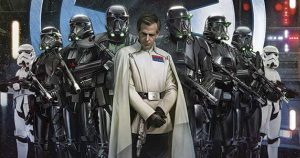 But even so, we see a man struggling to keep his position in the hierarchy, to maintain his ambitions, to basically keep a job that is being usurped by the even more wily Grand Moff Tarkin (a combination of living actor Guy Henry and CGI reconstruction of the original actor, the great Peter Cushing, who passed away two decades ago).
But even so, we see a man struggling to keep his position in the hierarchy, to maintain his ambitions, to basically keep a job that is being usurped by the even more wily Grand Moff Tarkin (a combination of living actor Guy Henry and CGI reconstruction of the original actor, the great Peter Cushing, who passed away two decades ago).
Here, we have General Draven (Alistair Petrie) and Senator Mon Mothma (Genevieve O’Reilly), Rebel leaders who find themselves having to provide difficult – sometimes horrifying – orders for the advancement of a Rebel cause they believe is just and fair. And yet, through the lens of military tactics and strategy, one where the greater good is often considered over the needs of the few, the actions that they take cannot so easily be categorized as “bad” or “good.” The actions they take just… are.
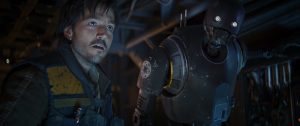 Here, even the droid K-2SO (voiced by and motion captured via Alan Tudyk), an Imperial droid reprogrammed by Cassian to serve the Rebel Alliance, is surprisingly complex for a robotic character (and extremely hilarious, to boot).
Here, even the droid K-2SO (voiced by and motion captured via Alan Tudyk), an Imperial droid reprogrammed by Cassian to serve the Rebel Alliance, is surprisingly complex for a robotic character (and extremely hilarious, to boot).
And so on and so forth.
This is a universe filled with characters who don’t all quite easily fit into our idea of what is good and what is evil in Star Wars. These are characters who are more layered, more nuanced, more true to life. Most of them are not simply good and not simply evil. Most of them are just as human as the rest of us.
Of course, ultimately, despite whatever flaws these characters have, their choices throughout the film helped develop and move them forward. And these choices are what made them either heroes or villains in our eyes – not because of some predestined notion that Rebels are good and Imperials are evil – but because in the end it was not about the allegiances they had but rather the actions that they took that made them what they were.
Continued In:

